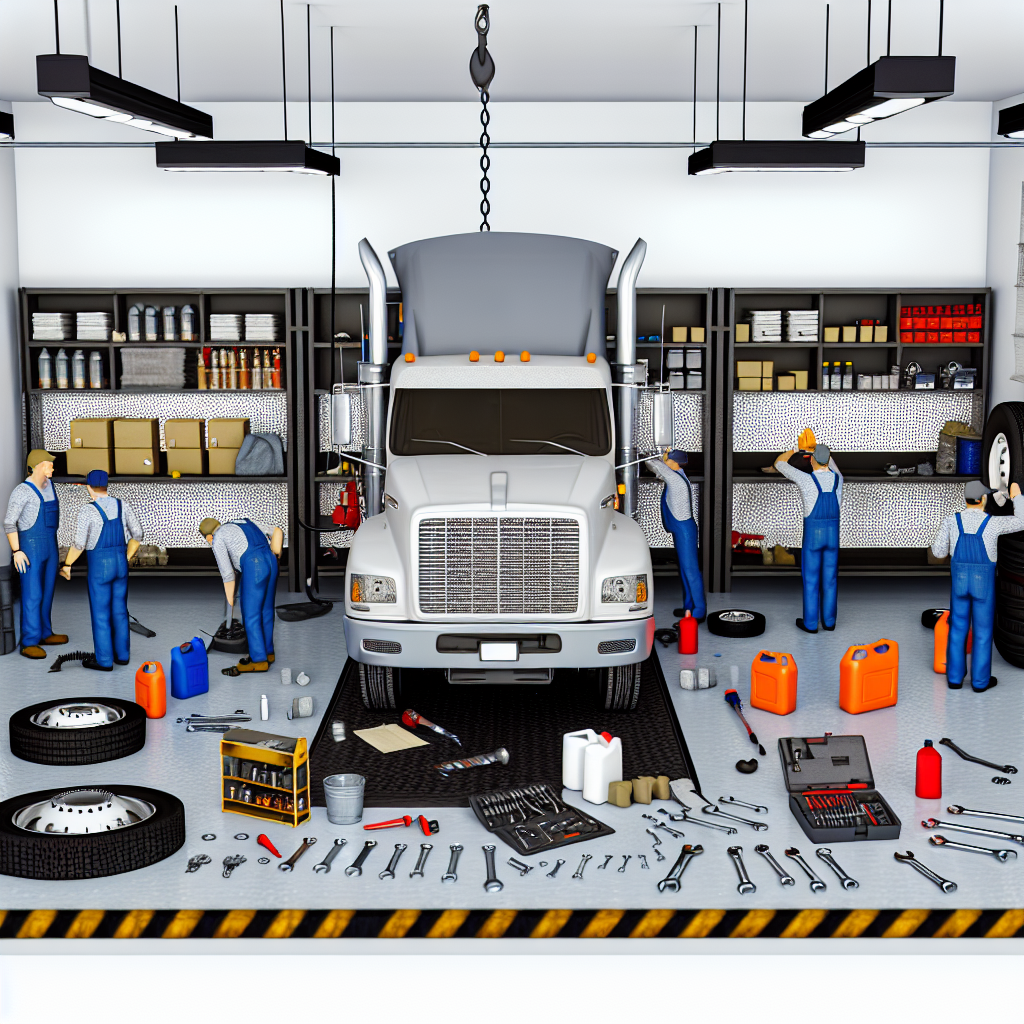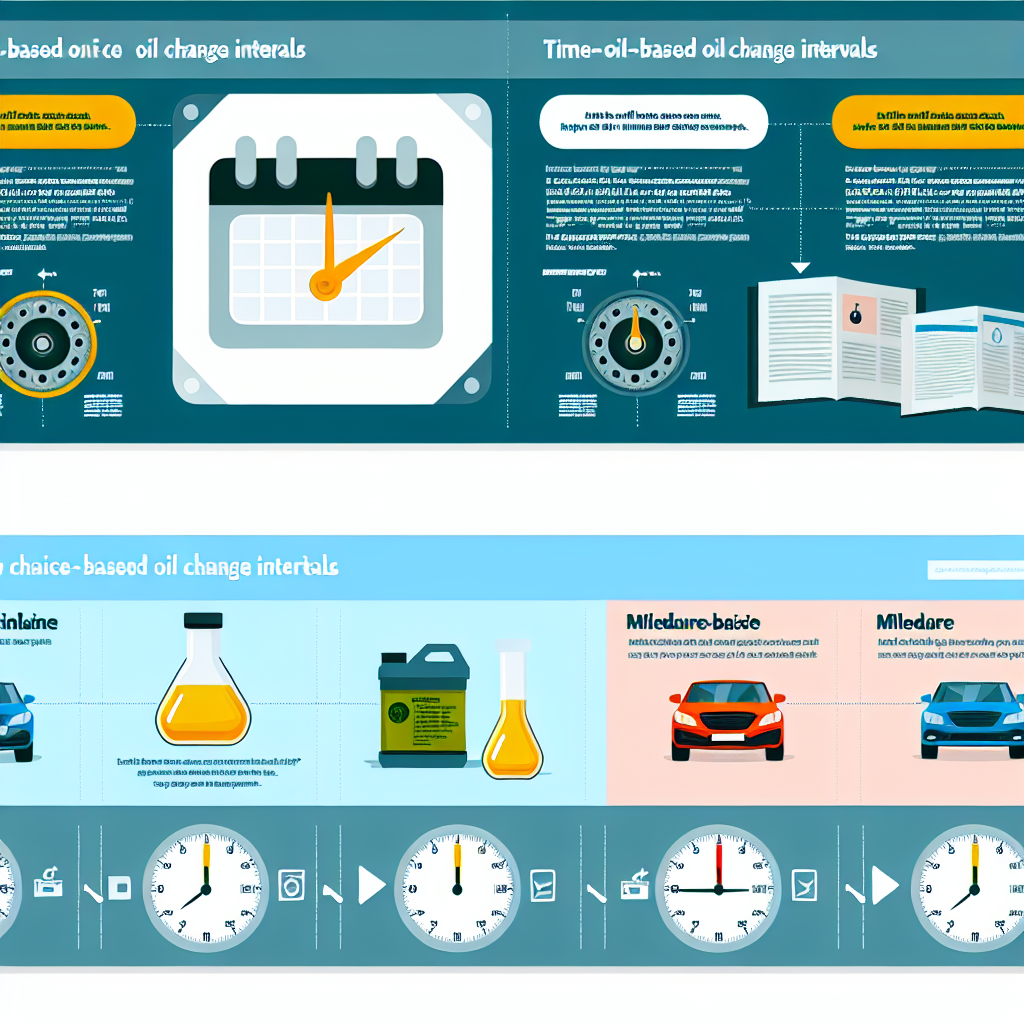As vehicle owners, we all strive to keep our cars running smoothly and efficiently. I remember one particular road trip where my family and I were excited to hit the open road. Just as we were about to leave, I noticed a small puddle of dark fluid under my car. Initially dismissing it as a minor issue, I opted to carry on with our journey. To my dismay, halfway through the trip, our car began sputtering and the oil warning light flickered ominously on the dashboard. It turned out that what I thought was a small oil leak had escalated, leading to a costly and stressful repair in an unfamiliar town.
This experience underscored the critical importance of monitoring oil health to prevent further damage and costly repairs. Among the myriad of factors that contribute to a vehicle’s performance, the prevention and detection of car oil leaks is often overlooked. These seemingly minor issues can have significant repercussions, affecting not only the performance of the engine but also leading to costly maintenance bills over time. A small oil leak can escalate quickly, leading to severe engine damage and the need for more extensive repairs.
Oil is essential for lubricating moving parts, and without it, even well-maintained engines can falter. With the right knowledge, however, you can take proactive measures to spot and resolve these leaks before they lead to larger issues. By understanding the importance of monitoring and maintaining your vehicle’s oil health, you can ensure its longevity and keep your car functioning optimally for years to come. Ignoring car oil leaks is not an option; proactive prevention is key to vehicle longevity and performance.
Oil Leak Prevention and Detection Checklist
To help vehicle owners proactively manage oil leaks and maintain their cars efficiently, here is a comprehensive checklist for preventing oil leaks and preparing for oil leak repair:
Regular Maintenance Routines:
- Perform timely oil changes: Change your engine oil every 5,000 to 7,500 miles or as recommended in your vehicle manual. This helps remove contaminants and maintains oil quality, reducing the chance of leaks.
- Check oil levels regularly: Use the dipstick to ensure oil levels are within the recommended range, particularly before long trips. Consistent checks play a vital role in preventing oil leaks.
- Inspect oil filters: Replace your oil filter with every oil change to ensure a clean oil supply and prevent leaks during oil leak repair.
- Monitor the condition of gaskets and seals: Over time, these can wear out and lead to leaks. If they appear cracked or brittle, consider replacing them to prevent possible oil leak repair.
Inspection Tips:
- Look for oil stains: Regularly check the garage floor or your parking spot for any dark spots that may indicate an oil leak. Spotting these can prevent more serious oil leak repairs.
- Inspect the oil filler cap: Ensure it is tightened properly to prevent leaks caused by a poor seal.
- Examine the oil pan: Check for signs of damage or corrosion, which could lead to oil leaks. Timely repairs can save costs.
- Monitor the drain plug: Ensure it is secure and free of oil residue, as a loose drain plug can result in significant leaks needing repair.
Additional Suggestions:
- Consider the PCV system: A clogged Positive Crankcase Ventilation valve can lead to excessive pressure, causing gaskets to fail. Ensure to have it checked regularly, a practice in preventing oil leaks.
- Regularly check engine oil levels: If you find you have to top off your oil often, investigate for hidden leaks that may require immediate oil leak repair.
By following this checklist, you can effectively prevent and detect oil leaks, ensuring your vehicle remains in top condition and prolonging its lifespan. Remember, being proactive today can save you money and hassle tomorrow!
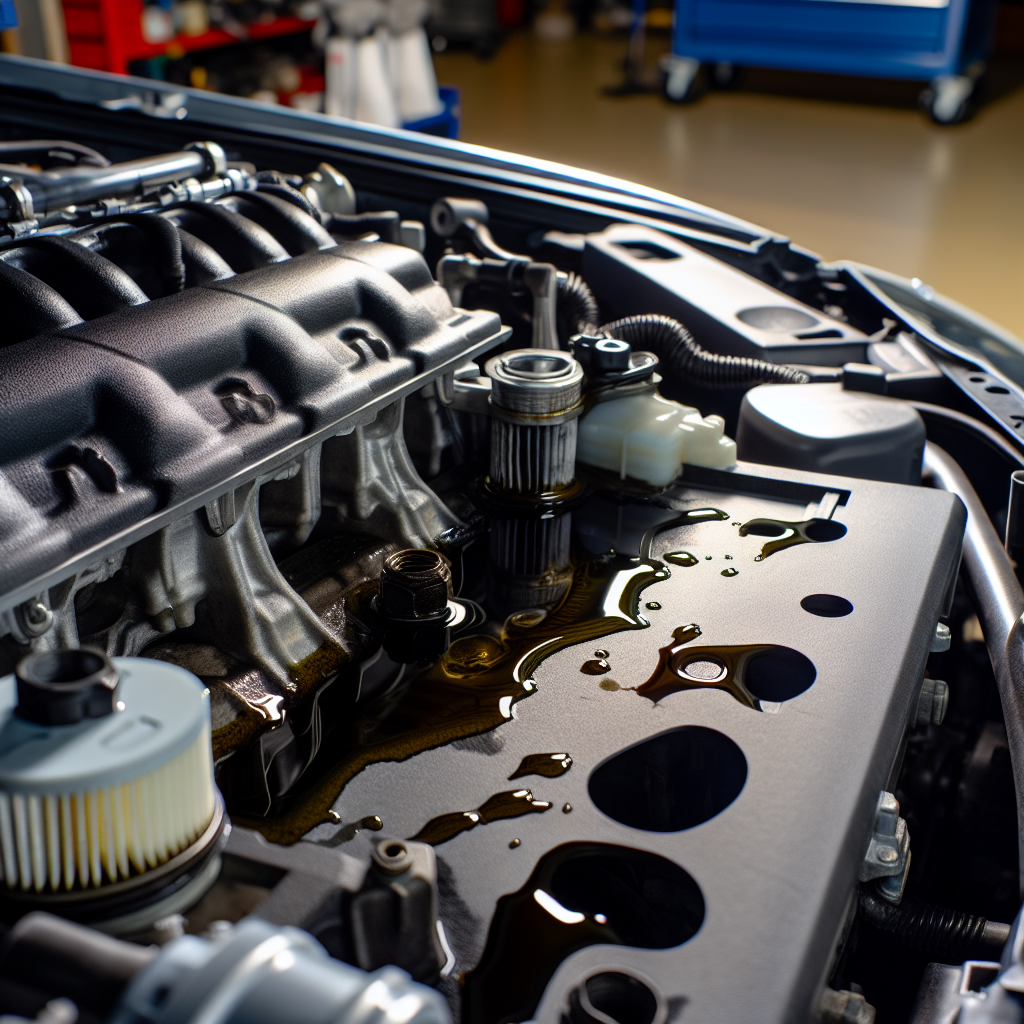
This image depicts an engine with visible oil leaks. Identifying such leaks can help prevent further engine damage and costly repairs related to oil leak repair. Regular inspections are crucial for maintaining your vehicle’s health.
Common Causes of Car Oil Leaks
Understanding the causes of oil leaks helps maintain a car’s health. Several common issues contribute to oil leaks. These primarily involve gaskets, seals, and drain plugs.
1. Leaky Gaskets
Gaskets seal various components of the engine. Over time, they wear down due to heat, pressure, and oil exposure. This results in leaks. Notably, the valve cover gasket leaks as engine temperatures change, causing it to expand and contract. Additionally, the oil pan gasket, located at the base of the engine, is another common site for leaks. According to the Jalopnik article, “Even the tiniest leak can worsen through neglect, while more significant leaks can make your vehicle guzzle oil like a racing car.“
2. Faulty Seals
Seals, such as the crankshaft and camshaft seals, prevent oil from leaking as the engine parts rotate. As seals age, they can become brittle and fail. This failure often occurs in older vehicles, where seals have extensive wear. A neglected seal can lead to significant oil loss.
3. Drain Plug Issues
The oil drain plug is crucial for maintaining an oil-tight seal in the oil pan. If the drain plug is loosened, damaged, or not properly reinstalled after an oil change, it can lead to leaks. The Jalopnik article emphasizes, “An improperly seated oil filter is sure to cause nasty leaks,” highlighting the importance of correct installation during maintenance.
4. Worn Oil Filter
The oil filter can also cause oil leaks when it is worn or improperly installed. A damaged oil filter allows oil to escape, depleting the engine’s oil supply and causing potential damage over time. Regular checks and replacements are essential to prevent this issue.
5. Clogged PCV Valve
The Positive Crankcase Ventilation (PCV) valve helps manage pressure within the engine. A clogged or malfunctioning PCV valve can result in excessive pressure buildup, leading to oil leaks. This situation forces gaskets and seals to fail under pressure, leading to more severe leakage issues. Jalopnik states, “The truth is, all engines can leak oil as the mileage piles up.“
By understanding these common causes, vehicle owners can take proactive steps to prevent and address oil leaks. Ultimately, this extends the life of their engines and maintains smooth operation. Regular inspections and maintenance are key to identifying potential leaks before they lead to costly repairs.
Comparison of Oil Leak Prevention Methods
| Method | Frequency of Check | Potential Risks |
|---|---|---|
| Regular Oil Changes | Every 5,000 to 7,500 miles | Oil degradation can lead to engine damage |
| Inspect Oil Filters | With every oil change | Clogged filters can cause pressure issues |
| Monitor Gaskets and Seals | Every 3 months | Worn parts can lead to leaks |
| Check Oil Levels | Monthly | Low oil levels can cause engine wear |
| Examine Drain Plug | Every oil change | Loose plug can lead to significant leaks |
| PCV System Inspection | Every 6 months | Poor function can cause excessive pressure |
User Experiences with Oil Leaks: Emotional and Financial Impacts
User experiences with vehicle oil leaks often reveal significant emotional distress and financial burden, as highlighted in various reviews and online forums.
Emotional Impact:
Many users express deep frustration when faced with persistent oil leaks. One user shared their plight:
“Van was leaking oil… To this day it still leaks and I give up, I pour oil in it once a month at a cost of $15 a month.”
This sentiment reflects the ongoing frustration and sense of helplessness that many users feel when repairs do not resolve the issues.
Users also report anxiety regarding safety concerns. A driver detailed how oil leaks had left them stranded during a long journey, leading to serious safety worries and repeated repairs. This sense of anxiety is compounded by the uncertainty of vehicle reliability when oil leaks are not adequately addressed.
Financial Impact:
The financial implications of oil leaks can be daunting. Users often highlight unexpectedly high repair costs. One individual recounted spending over $1,000 to fix an oil leak, only to find that the problem persisted, further straining their finances. Regarding monthly expenses, another user disclosed, “I have also not received compensation of £360 I have paid for the extra oil my car has used,” emphasizing the additional costs incurred due to unresolved leaks.
Sentiment Summary:
Users frequently express disappointment in service providers, feeling let down by mechanics who fail to resolve oil leak issues. Many describe multiple repair attempts that fail to eliminate the problem, leading to frustration and a lack of trust in automotive services. The pervasive theme of helplessness emerges, with users sharing stories of resigning themselves to ongoing oil leaks and costs associated with constantly topping off their oil levels.
In conclusion, the emotional and financial impacts of vehicle oil leaks resonate deeply among users. Frustration over ineffective repairs, anxiety about safety, and the burden of high costs characterize their experiences, reflecting a community grappling with a significant automotive challenge.
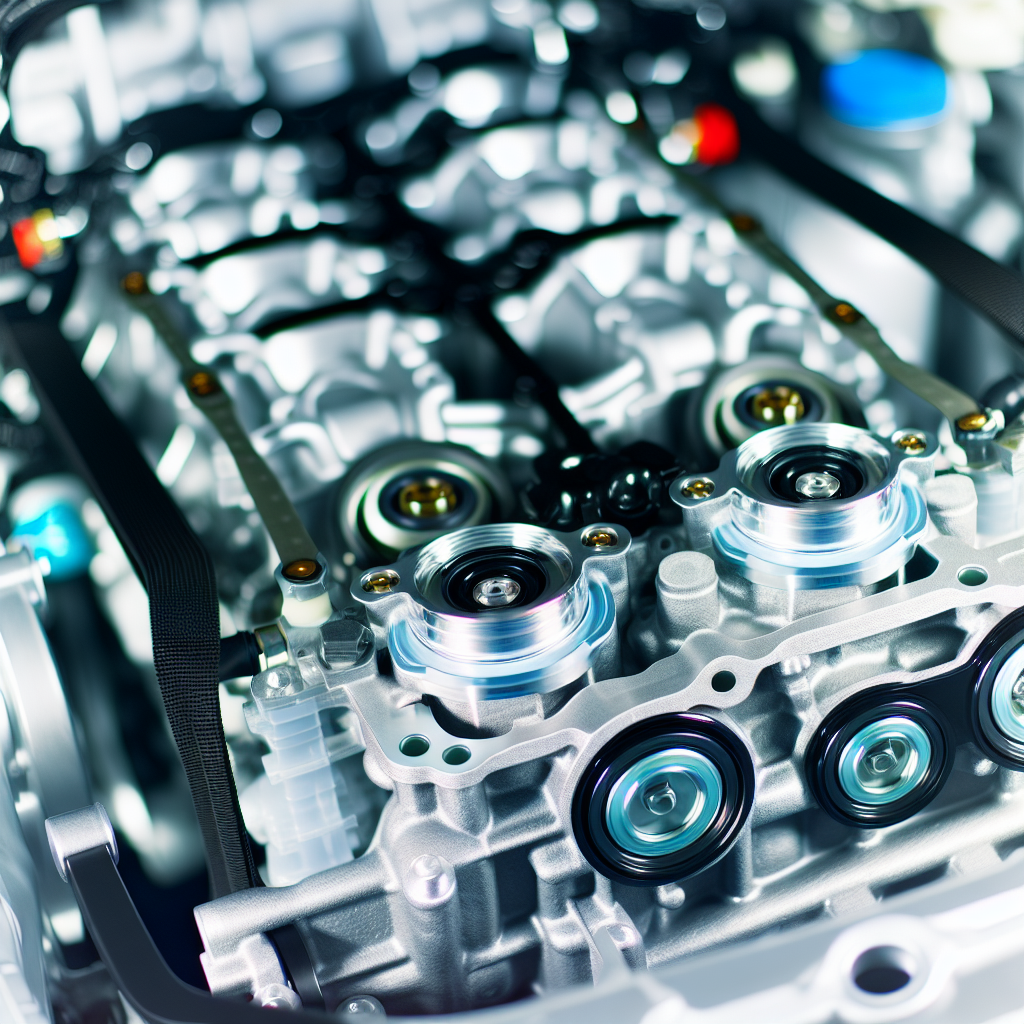
This image showcases a clean engine, symbolizing the ideal state of vehicle maintenance. By ensuring your engine remains clean and free of oil leaks, you can enhance performance and extend the lifespan of your vehicle.
Conclusion
In summary, regular maintenance is not just a suggestion; it is a vital practice that every vehicle owner should adopt to prevent oil leaks and maintain the overall health of their car. Neglecting these simple yet essential checks can lead to catastrophic consequences, from significant engine damage to exorbitant repair bills. Even minor leaks, if untreated, can escalate into severe issues, consuming your time and hard-earned money.
Therefore, we urge you to commit to a routine inspection of your vehicle. Regularly checking oil levels, monitoring gaskets and seals, and adhering to a strict oil change schedule are proactive steps that can save you from the hassle of larger problems down the road. It’s not just about maintaining your vehicle; it’s about safeguarding your investment and ensuring your safety on the road.
Don’t wait for signs of trouble to show up. Make regular maintenance a priority and protect yourself from the costly fallout of ignored oil leak indicators. Your vehicle deserves that care, and so do you!
Common Questions About Oil Leaks
1. How do I know if I have an oil leak?
Several signs may indicate you have an oil leak:
- Puddles or stains: Look for dark brown or black puddles under your vehicle where you park. This is often a telltale sign of leaking oil.
- Increased oil consumption: If you find yourself regularly topping off your engine oil, you may have a leak.
- Tapping noise: If you hear a tapping noise coming from your engine, it could indicate low oil caused by a leak.
- Oil warning light: Pay attention to your dashboard. If the oil light comes on, it’s essential to check for leaks or low oil levels.
2. What should I do if I find one?
If you suspect you have an oil leak:
- Do not ignore it: Addressing oil leaks promptly is crucial to avoid engine damage.
- Identify the source: Look under your vehicle to determine where the oil is leaking from. If unsure, consider visiting a mechanic.
- Check oil levels: Ensure your engine has sufficient oil until you can have it inspected further.
- Schedule a repair: Consult a professional mechanic to diagnose and repair the issue as soon as possible.
3. Is it safe to drive with an oil leak?
Driving with an oil leak is not recommended. A leak can lead to low oil levels, which may cause serious engine damage over time. If the leak is significant, it may even pose a risk of fire. If you notice a leak, check the oil level and consult a mechanic immediately.
4. How much can it cost to repair an oil leak?
The cost to repair an oil leak varies widely based on the leak’s severity and location. Simple repairs may cost around $100 to $300, while more serious issues involving engine components could escalate to over $1,000. It’s best to get a detailed estimation from a trusted mechanic.
5. Can I fix an oil leak myself?
While minor leaks or loose oil filters may be manageable, many oil leaks require professional attention. DIY repairs can sometimes worsen the issue if not done correctly. If you are not experienced with vehicle repairs, it’s advisable to seek help from a qualified mechanic to ensure the issue is resolved effectively.
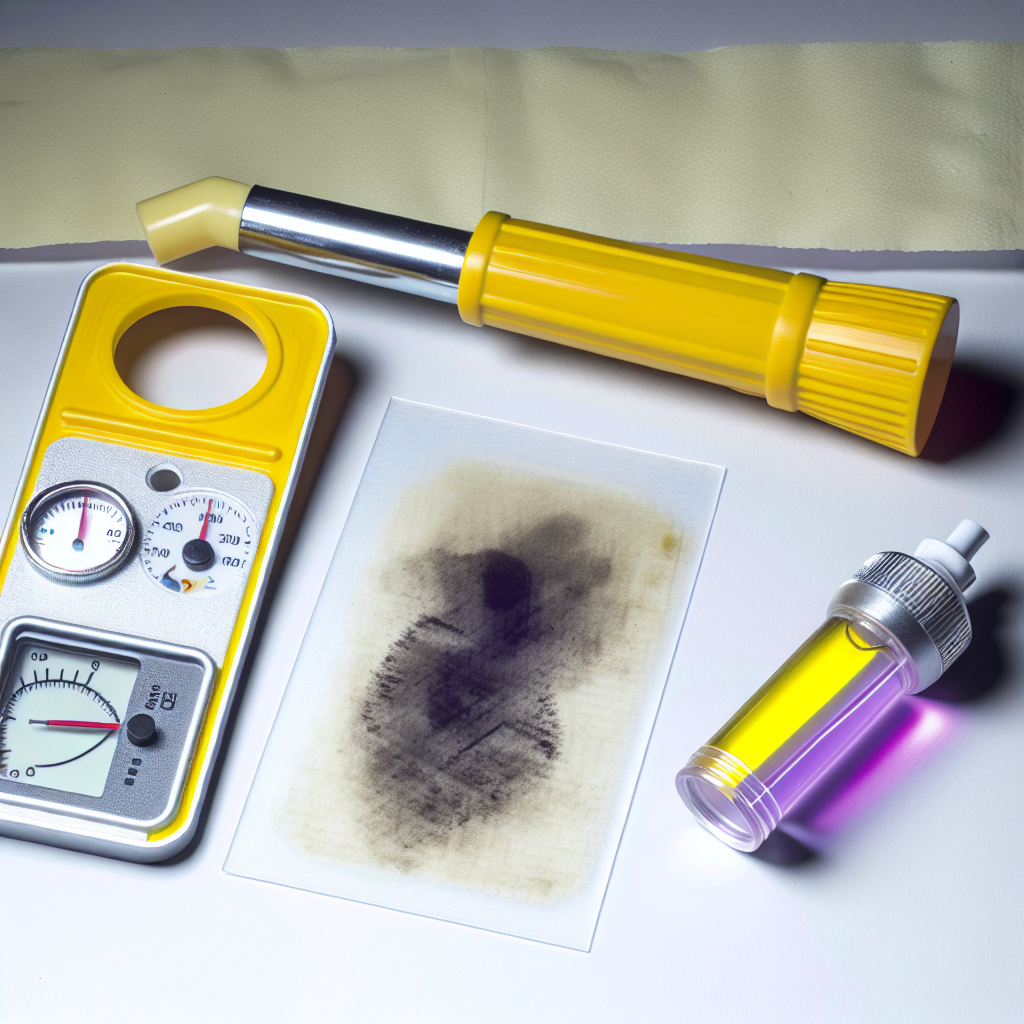
This image displays common tools used for detecting oil leaks, such as a dipstick, oil stains detection pads, ultraviolet leak detection dye, and engine oil pressure testers. These tools are essential for identifying and managing potential oil leaks in vehicles.
Bridging User Experiences to Conclusion
The emotional and financial toll of oil leaks highlighted by users serves as a powerful reminder of the stakes involved in vehicle maintenance. Their personal stories not only illuminate the frustrations and fears that arise from persistent oil leaks but also underscore the critical importance of taking preventive measures. As we’ve seen from user experiences, the burden of neglected oil leaks goes beyond mere inconvenience; it can lead to significant emotional distress and considerable monetary loss.
Therefore, it is essential for vehicle owners to prioritize a proactive approach to maintenance, not only to safeguard their investments but also to ensure their peace of mind. Addressing the issues discussed in user experiences compels us to reflect on our own maintenance habits and the impacts of letting small problems escalate.
Transitioning into the conclusion, we must emphasize that regular maintenance is not merely suggested but is crucial for preventing oil leaks and maintaining overall vehicle health. Neglecting these checks can have dire consequences, leading to severe engine damage and costly repairs. By committing to a routine inspection and being attentive to the needs of your vehicle, you can avoid becoming another story of frustration due to ignored oil leak indicators.
This commitment to proactive care ensures your vehicle remains reliable, ultimately enhancing your driving experience and safety on the road.
In summary, make regular maintenance a priority and prevent the financial and emotional burdens associated with car oil leaks.

